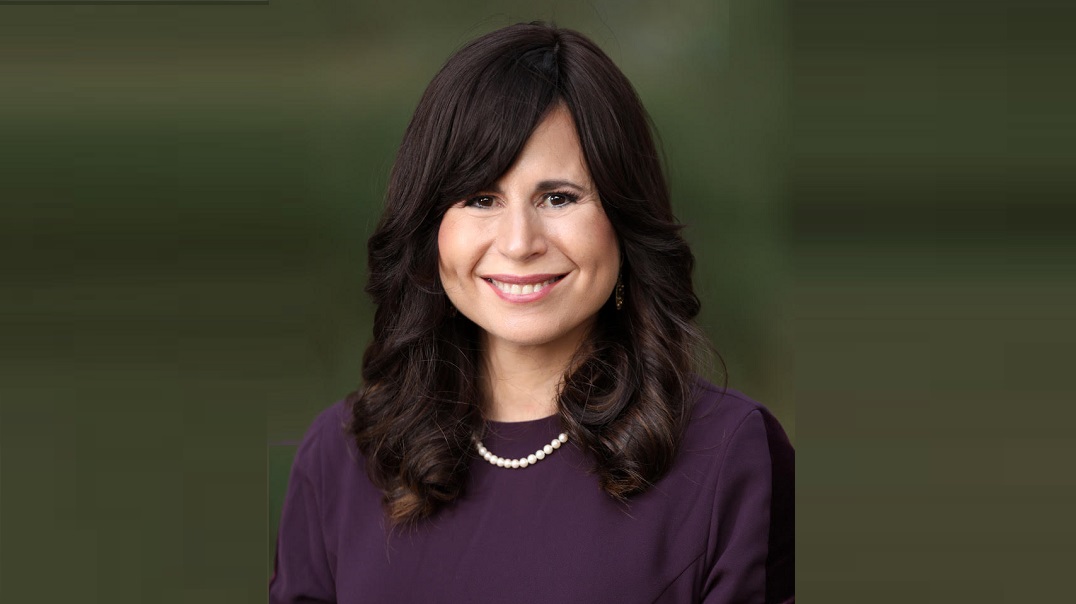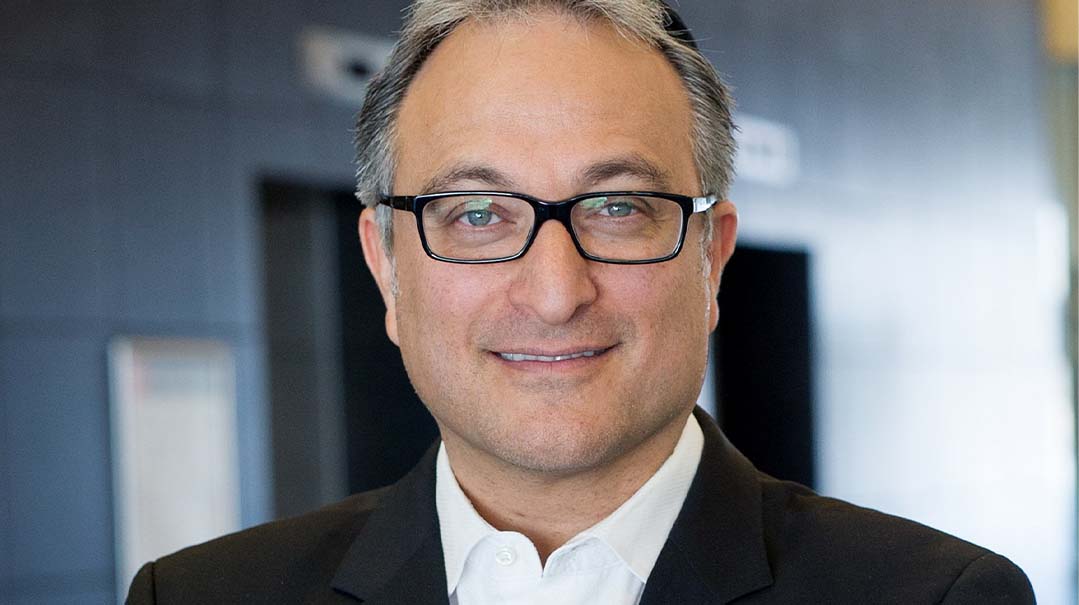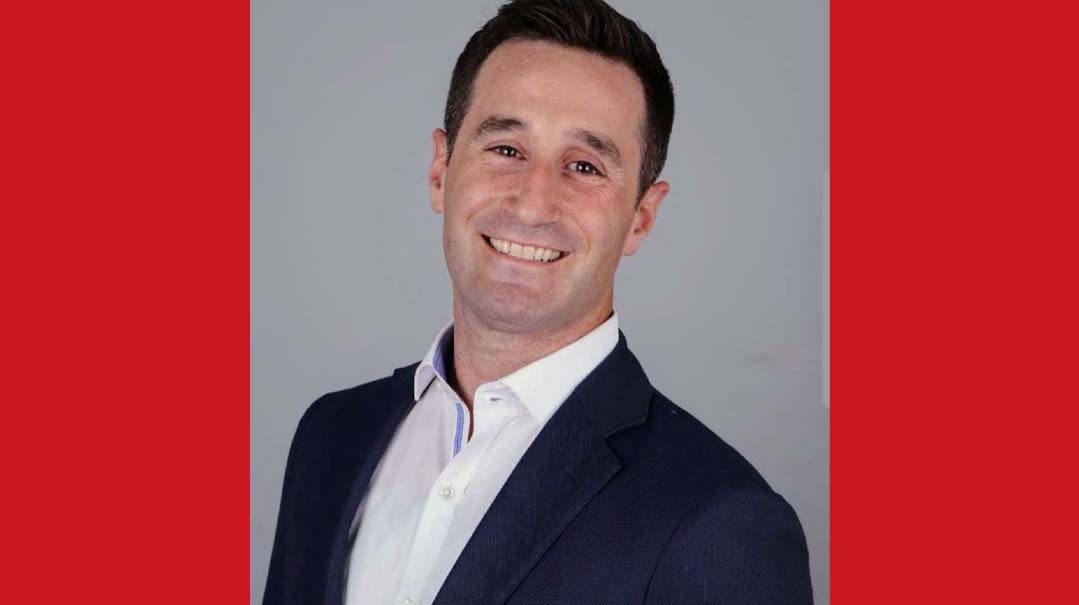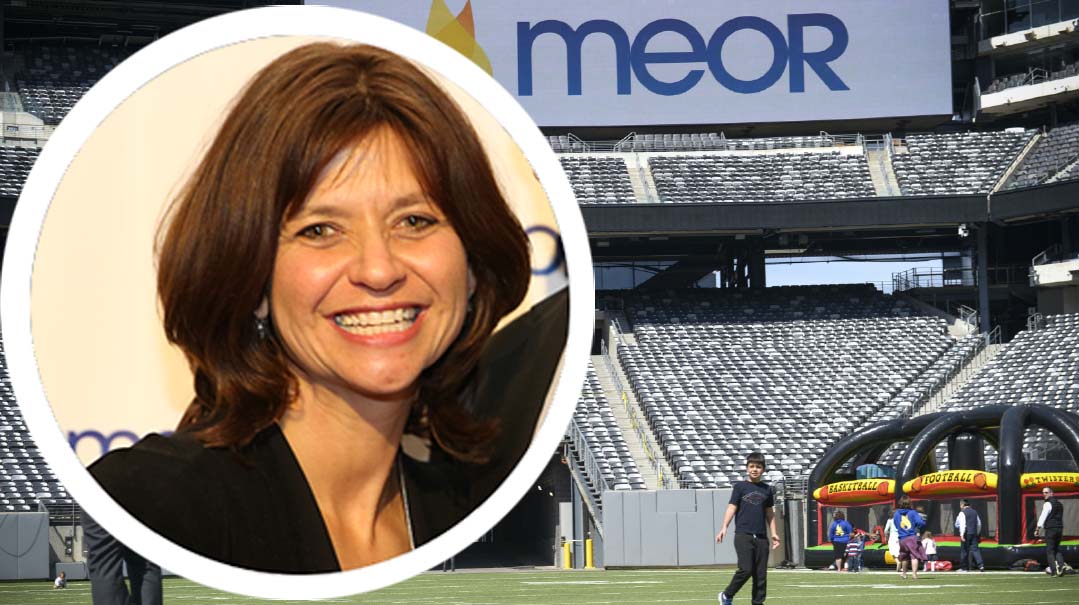Work/Life with Fran Jakubowicz


Who Fran Jakubowicz, CEO of SunHouse Marketing, a full-service digital marketing agency.
What Fran began her career practicing traditional marketing and PR, and with the advent of the Internet, she evolved into a digital marketing expert. In 2009, she and her husband launched their own digital marketing firm, working across multiple verticals, including tech, health, finance, law, education, and e-commerce — and helping their clients generate millions in leads and sales.
Where Born in Toronto and raised in Montreal, Fran moved back to Toronto as a teenager. She graduated from York University with a BFA honors degree, got married, and set up her home in Thornhill, Ontario. While she had a great job, beautiful home, and three children (with a minivan), she temporarily relocated to Ramat Beit Shemesh for a year, because that was her husband’s dream. That was 20 years ago... and she’s still in RBS!
Why Fran and my mom have been friends for many years, and I’ve always heard incredible things about her — about her entrepreneurial spirit, her passion for Yiddishkeit, her involvement in chesed initiatives, and how she serves as a mentor to other female business owners. I wasn’t sure how she juggles all of that, along with being a mother of five, so I asked her to answer at least five of these nine questions.
1 of 9 What opportunities or personalities played a role in your career?
My dad is one of my greatest heroes. The owner of a successful public relations firm in Canada, he has a razor-sharp mind. He could bang out a beautifully crafted press release in a flash. He could whip together a robust PR campaign and get the attention of top media outlets in record time. Though he worked with politicians and huge influencers, he always remained extremely humble and deeply compassionate toward his staff.
As a university student, I jumped at the opportunity to work with him. Watching him run his firm gave me my first lessons in running an ethical, human-centric business. I learned that the small things were what created warm feelings among his team, and I’ve tried to apply those in my own work environment: staff lunches, birthday gifts, bonuses, company day-trips and one-on-one schmoozing time. Taking a five-minute break to hear a funny story is very normal in my office. Yet it’s a serious work environment too. We all appreciate the balance; it creates a warm, healthy atmosphere.
2 of 9 Which three character traits have played a key role in your career path?
I crowd-sourced this question to some of my colleagues and this is what we came up with:
Loyal I have earned the loyalty of my clients and staff over the years, and I am so grateful for theirs. I do everything I can to help my clients succeed, even if it is beyond the scope of digital marketing. I have advised clients on everything from business, staffing, and finance, to parenting and marriage.
Driven Others may call me persistent. Stubborn. Bossy.
Moral compass I turn to daas Torah whenever I encounter a gray area. And there are gray areas. Any business owner in my industry has probably been in the following scenario: it’s been a tight quarter and you have salaries to pay. A new project with dollar signs all over it comes up. It looks so tempting, but it just doesn’t feel “right.” It’s important to listen to your inner warning bells and also check in with your rav. Being successful in business is only with Hashem’s help.
4 of 9 What would you say was your most resounding failure? What did you take away from that experience?
In 2008, the market crashed. I was working as the director of marketing for a large nonprofit, and my husband Sol had been working for an international tech company for ten years. One morning, he called me at my office to say he had just been laid off due to budget cuts. An hour later, I was called in by the CEO to learn that our biggest donor had suffered serious financial losses due to the crash. We lost our budget... and I lost my job, within an hour of my husband. We were devastated. And terrified. We had five small children at home and a very big mortgage.
Almost immediately, the phone began to ring with requests to take on marketing projects. Thankfully, the phone never stopped ringing. At that point we had no plans to build a marketing company. But as one consulting project led to another, it became clear that Sol and I could build something bigger. We launched what is now SunHouse Digital Marketing. This January, we’ll celebrate a decade in business.
Our big fail, during those initial days, was not recognizing that every business hurdle is just an opportunity to jump higher. Moreover, everything Hashem does is for the good, even really uncomfortable and painful life events such as losing our jobs. This huge lesson helps carry me through life’s other difficult challenges.
6 of 9 What is the most inspiring feedback you’ve ever received? Did that impact what you did next?
When we were first starting out — a fledgling digital marketing agency — we were struggling to get in front of bigger players, companies with solid marketing budgets. “Out of the blue,” the VP of a large tech company invited us to his office to discuss an urgent project.
At this meeting, we were told that a huge US-based digital marketing firm had been secured to run their extensive lead generation campaign. Unfortunately it had been a complete fail. They wanted us to assess the damage and turn it around. We put together a creative, focused, cost-effective campaign that ended up being very successful. This VP told us that our work was above and beyond that of the other agencies he had dealt with to date. This gave us a huge confidence boost, inspiring us to reach out to other large companies with self-assurance, ultimately leading to where we are today.
It was a clear lesson in Hashgachah pratis. Hashem has a hand in every success and every perceived failure. Some months, we work really intensively at business development. We’ll submit ten proposals in a row and nothing seems to gel. Then, “out of nowhere,” we’ll secure three big clients in 48 hours. (This just happened!) We need to do our hishtadlus, but ultimately it’s all up to Him.
8 of 9 Can you share a time when you had to navigate the tension between your deepest values and the business world?
When I walk into a meeting where the dress code du jour is jeans and a T-shirt, and I’m in a skirt below my knees, I stand out. Sometimes I see the wariness in the eyes of colleagues who recognize me as Orthodox. (“Why is this religious lady in my boardroom?!”) But as soon as I start talking with knowledge and intelligence, you can see the wariness leave and a certain respect take its place. I love those moments. I feel like I’m breaking stereotypes and, I hope, making a kiddush Hashem.
It’s more than modesty issues. There’s also the balance of family and chesed in the community. For example, my friends know I’m not their first address for cooking a meal for a family. (It’s a huge success when I cook a meal for my own family that didn’t come from the freezer section!) On the other hand, friends do know that if money needs to be raised, if a nonprofit needs marketing direction, or an event needs publicity, I can probably weave it into my work day. (What’s another meeting, call, or WhatsApp?)
As important as my business is to me… my family is paramount. I try to be fully present for my spouse and children — even after a long work day. I am very fortunate because my husband (and business partner) is also my biggest supporter and essentially my biggest advocate.
One thing that helps ground me is connecting with other frum women entrepreneurs. There is an abundance of incredibly intelligent, talented, and successful frum women out there! In the last two years, I’ve been participating in networking groups for religious Jewish women business owners in Beit Shemesh. It’s been a supportive, enriching, rewarding experience. It’s also comforting to have a group of peers who just “get” you.
9 of 9 If you were advising a young man/woman hoping to launch a career as an entrepreneur, which “do’s” and “don’ts” would you share?
Do rein in the expenses: When I first started, a successful entrepreneur told me to spend only where it was necessary for company growth. By the end of our first year, we had five employees working out of our home office. I turned to him for advice about moving into an office space. Unless we were bursting at the seams, he advised holding out as long as we could without extraneous expenditures. We followed that approach and a few years later, when the need arose, we were able to purchase office space, not just lease.
Don’t be obsessed with perfection: Perfect is the enemy of good. Trying to make something perfect can prevent timely delivery of good products. Perfection is elusive. So many companies fail because they put every single investor dollar into perfecting their technology — without ensuring there is a marketing budget to get it in front of customers.
Do get out of your comfort zone: It’s easy to continue doing things you do well. But if you don’t go outside of your comfort zone, you plateau. Whether you’re afraid of calling potential investors, presenting at meetings, or whatever holds you back — research, get organized, learn from those who have done it successfully before you, and then just do it! Remember, perfection is elusive.
Do build “business chesed” into your day: When I was young, I unabashedly turned to business mentors for advice and direction. Now I pay it forward by mentoring young women at the beginning of their business journey. I build this time into my week and treat them as clients, with my full attention. It is one of my greatest pleasures, and I believe it brings brachah as well.
(Originally featured in Mishpacha, Issue 739)
Oops! We could not locate your form.













